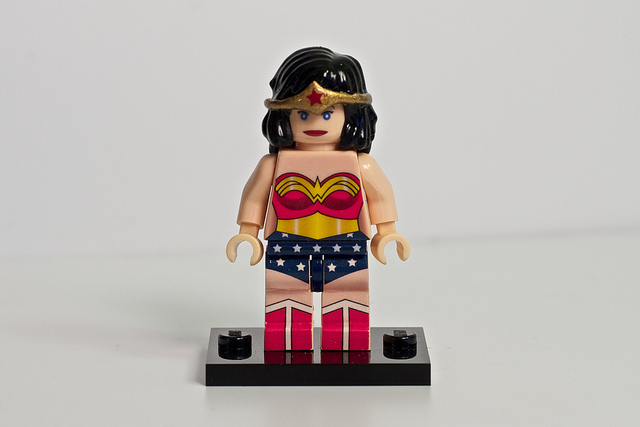Some days I say, “I feel so fat today!” in the same way I would say, “I feel so happy today!”
But when we think about it, this is a really weird thing to say, because the phrase literally means, “I feel the physical sensation of having fat cells on my body.”
…huh?
I certainly hope we can physically feel fat on our bodies. If we couldn’t, our health would surely be in jeopardy.
Fat is a macronutrient necessary for us to consume in order to live, and a type of cell that must comprise a percentage of our bodies in order for us to survive.
Fat is not an emotion.
Think about how strange it would be to say, “I feel proteins” or “I feel muscle” today.
When we say, “I feel fat,” what we really mean is, “I think others will think I look fat today.” And that translates into, “I think that others won’t think I’m good enough.” And what that means is, “I feel ashamed.”
We’ve been trained by society to believe that having fat means not being good enough. So the sensation of fat instantly triggers shame. So while fat isn’t an emotion, the feeling of not being enough actually is. It’s called shame.
But how often have we heard someone openly proclaim, “I feel ashamed today”? Probably not often—because most of us are so used to basing our self-worth on what other’s think of us that we are no longer in touch with our own emotions.
We believe that our thoughts about what others might think of us are our emotions. We’re so caught up in trying to “fix” ourselves that we don’t know how we actually feel.
We could weigh exactly the same amount from one day to the next, but one day we wake up feeling unworthy, and rather than facing this emotion, we interpret it as “feeling fat.” So we put our effort into trying to lose weight, thinking that that will solve the unpleasant emotion we’re experiencing.
But the antidote to shame is not losing weight—even though it seems that way. Focusing on losing weight only excuses us from getting real about how we’re really feeling inside. As Brene Brown says, the less we talk about shame, the more power it has. So the less we call the feeling of “fat” by its true name, the greater our feelings of unworthiness.
Now I’m not saying that losing weight is a bad thing, or that it might not be part of one’s journey to health. What I am saying is that losing weight does not relieve shame. When we convince ourselves that it will, the pursuit of weight loss only distracts us from our true emotions.
Trying to lose weight when what we are really trying to rid ourselves of is shame, is like looking for our keys underneath a lamp post, because that’s where the light is, even though we dropped our keys somewhere in the dark. Sure it’s easier to look for keys under the light. But we’re never going to find them there.
It can be easier to lose weight than to actually confront our shame and admit what we are feeling.
Losing all the fat off our bodies will not make us immune to shame. It will only numb us from the full spectrum of our feelings, prevent us from processing our shame, and keep us from reaching out for the love and belonging that we truly seek.
But just like we’ve learned to stop at a red light (making it really hard not to), we’ve learned to feel shame when we experience the (real or imagined) sensation of fat on our bodies. The good news is that we can unlearn this response. We can begin to use the feeling of “fat” as a reminder to take a look at our beliefs about ourselves, and to open up about how we’re really feeling.
Try saying it out loud: “I feel ashamed of myself today.” This takes courage and a willingness to be vulnerable, and is a heck of a lot harder than saying, “I feel fat.” But until we can share our true feelings with one another, we will not have access to healing the shame that’s hidden beneath the shield of feeling fat.
~
Author: Brandilyn Tebo
Image: Julian Fong/Flickr
Editor: Nicole Cameron







Read 0 comments and reply